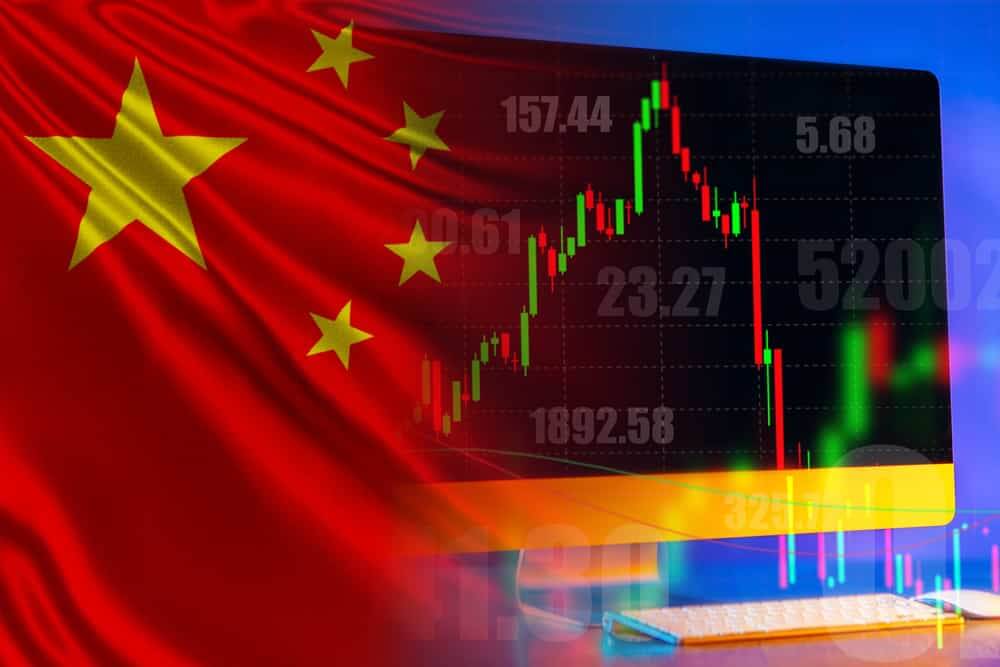
U.S. Vows to Counter China’s Export Surge
Quick Look
- Yellen warns China over new industries threatened by imports, echoing “China shock” concerns.
- No new tariffs threatened, but U.S. aims to prevent overcapacity in sectors like EVs and solar panels.
- U.S.-China forum created to address trade issues; solutions expected to take time.
- China defends its competitive edge as innovation-driven, not subsidy-based.
- Talks highlight the global trade balance, innovation, and environmental responsibilities.
In a recent development that has the international trade community on high alert, U.S. Treasury Secretary Janet Yellen issued a stark warning to China. As she concluded four days of intensive meetings, her message was clear: the United States will not stand by as new industries fall prey to the overwhelming wave of Chinese imports. This statement comes amidst rising tensions over Beijing’s industrial policies, which many in the West view as aggressive and potentially destabilizing for global markets.
The Echoes of the “China Shock”
Yellen’s comments resurrect memories of the early 2000s’ “China shock,” a period marked by a surge in Chinese imports that led to the loss of approximately two million American manufacturing jobs. During a press conference, Yellen underscored President Joe Biden’s commitment to preventing a repeat of such an economic upheaval. Despite the firm stance, she stopped short of threatening new tariffs or trade measures against China’s state-backed expansion in sectors like electric vehicles (EVs), batteries, and solar panels.
The U.S. Treasury Secretary’s second visit to China in nine months was predominantly aimed at addressing the issue of overinvestment by Beijing. According to Yellen, this has resulted in a production capacity that far exceeds domestic needs, posing a significant threat to U.S. and global companies through an influx of exports.
A Tale of Overcapacity and Global Impact
Yellen drew parallels between the current situation and the past challenges faced by the U.S. steel sector. Recalling how state-supported Chinese steel production had once flooded the market, undermining industries worldwide. The newly created exchange forum between the U.S. and China was highlighted as a step towards addressing these concerns. Though Yellen admitted that finding solutions would take time.
The dialogue with Chinese officials was described as fruitful. It is advancing American interests and echoing concerns shared by allies in Europe, Japan, Mexico, the Philippines, and other markets. In response, China’s vice finance minister, Liao Min, asserted that Beijing had addressed the U.S. queries on overcapacity, criticizing the trade and investment restrictions imposed by Washington.
Forward-Looking Solutions and International Discourse
Amidst these discussions, China defends its position, arguing that its competitive edge stems from innovation, a comprehensive industrial system, and a vast market, rather than state subsidies alone. Chinese officials contend that Western critiques overlook these factors and could hinder global efforts to meet climate goals by limiting access to green energy solutions.
Yellen’s propositions for China to bolster consumer demand and pivot from supply-side investments hint at a search for common ground. Meanwhile, global trade rules and the ongoing dialogue between Chinese and Western officials underscore the complexity of balancing economic interests, innovation, and environmental responsibilities.
As the international community watches closely, the outcomes of these discussions could define the future of global trade dynamics, especially in the rapidly evolving green energy sector. The path forward remains uncertain, but the stakes for industries and economies around the world have never been higher.




